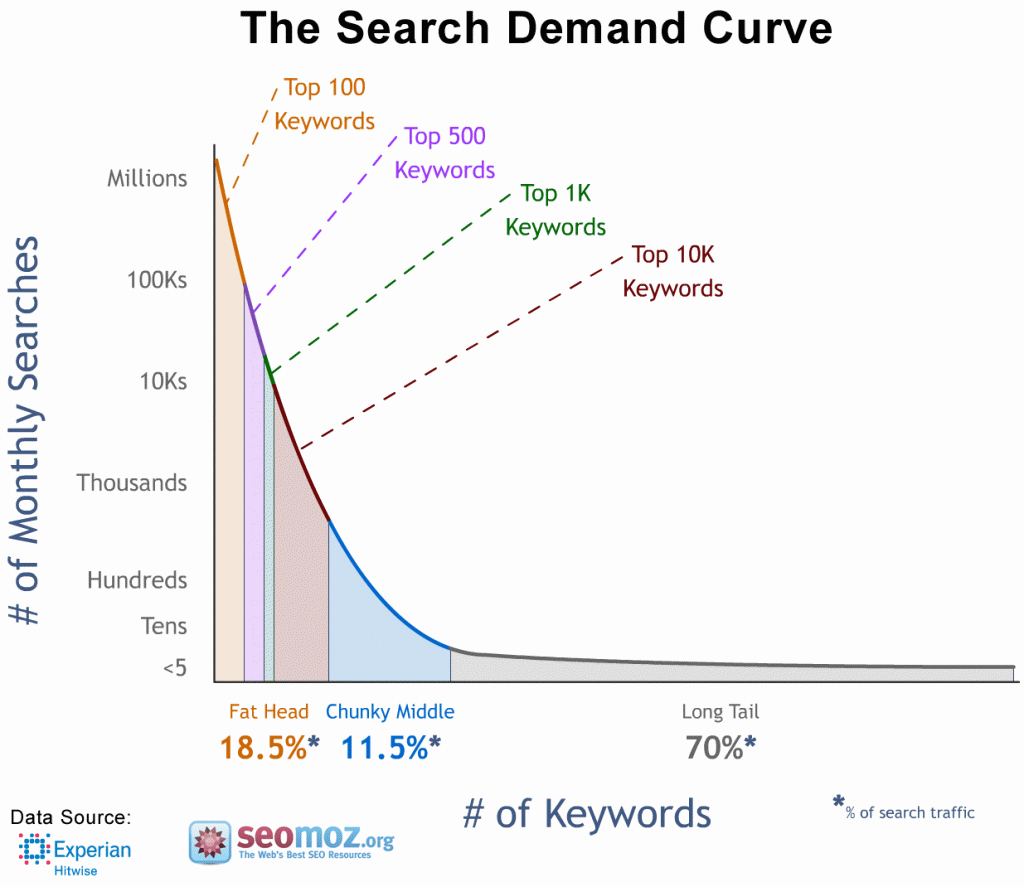Writing website text that contributes to your visibility (SEO)?
How to get people to read your website texts and ensure they are found? This concept is called “findability,” and working on it is known as search engine optimization (SEO). This discipline emerged alongside search engines and has become increasingly important over the past 20 years. However, search engines have not stood still; techniques from three years ago are already outdated, and they continue to get smarter. How can you ensure that your website texts are found? And which myths or sales tricks should you avoid? After reading this article, you will have a good understanding of the current reality of SEO and how to deal with it.
 What is the purpose of a search engine? To help a visitor find what they are looking for as quickly as possible, whether it’s a product, an answer to a question, or a how-to video. A cynic might immediately shout “making money,” which is also true, but the two go hand in hand. A visitor who finds what they’re looking for is more likely to return for their next question, which means more advertisements can be shown. Therefore, the most visited search engine is also the most successful one. This is also the essence of findability and SEO: content that, according to the search engine, has the highest likelihood of success is ranked at the top. Want your content to be found? Then make sure the search engine has reasons to do so.
What is the purpose of a search engine? To help a visitor find what they are looking for as quickly as possible, whether it’s a product, an answer to a question, or a how-to video. A cynic might immediately shout “making money,” which is also true, but the two go hand in hand. A visitor who finds what they’re looking for is more likely to return for their next question, which means more advertisements can be shown. Therefore, the most visited search engine is also the most successful one. This is also the essence of findability and SEO: content that, according to the search engine, has the highest likelihood of success is ranked at the top. Want your content to be found? Then make sure the search engine has reasons to do so.
[merkelijkheidcta tag_id=’brand-identity-en-1′]
The building blocks of good visibility / SEO for your website text
Longer content – The ideal length of a piece of text has changed significantly. While it used to be around 200 to 300 words, it now seems to be more in the range of 400 to 500 words. We’ve written a separate piece about How many words should a good website text contain?
Images – A picture is worth a thousand words, so having an image in an article contributes to higher appreciation. Search engines can’t truly “see” images yet, so titles and alt tags are essential. Give it a few years, and Google will likely understand the content of your images.
Correct spelling and grammar – Search engines have every sentence repeated perhaps a thousand times in their database, so make sure they don’t find your text filled with errors.
Readable formatting – Readability might seem very human, but computers can easily determine how readable something is. White text on a white background? The search engine may think you’re trying to hide something!
Links – Google Pagerank is what made the search engine famous. The algorithm uses the number of links to your page and the ranking of the page that places the link to assign a rank to your page. If other authorities in a field link to your page, the search engine knows you have a say.
Focus – In the past, we used to search for terms like “shoes” or “mortgage,” but today, we often ask search engines complete questions. Therefore, it’s crucial for your content to focus on a particular question or need. This includes the use of keywords. In short, your title, headings, and text content should all focus on the same topic. While this might attract fewer people initially, the quality (and thus conversion/sales) of that smaller group is significantly better. See the image on search engine traffic for more on this.
[merkelijkheidcta tag_id=’brand-identity-en-2′]
Writing SEO-friendly website text: The myths and falsehoods
There are plenty of SEO experts and webpage optimizers out there. Some claim that the field is complex and that there are many rules to follow, while others use fear tactics to sell their services. What are some common myths or falsehoods people encounter?
Keyword density is the top priority
A link from a reputable source is more valuable than any number of keywords. In the past, you could stuff a page with meaningless sentences containing a single keyword to rank higher, but this tactic no longer works. Keywords are now more about focus and consistent use in terminology. Choose a concept or question and stick with it; repetitive use of keywords will likely harm your ranking!
Paid advertising in search engines improves ranking
Not true at all. The biggest advertisers in Google publicly complain that despite spending millions, they haven’t gained a significant advantage over unpaid hobbyists. The reason you’re told this? Paid advertising, or AdWords, is a specialized field, and it’s something you can genuinely earn money from. However, in many markets, you can achieve a high ranking in organic results without paid advertising.
Optimizing meta tags
Yes, search engines still look at meta tags, but no, they don’t affect your ranking. It might sound technical, and you might hear that improper meta tags could lead to missing out on visitors, but it’s just a sales tactic from a time when meta tags were more important.
[merkelijkheidcta tag_id=’brand-identity-en-3′]
You must submit pages or a sitemap to Google
Not true anymore. In the past, you invited search engines to index your page, but today, the internet is indexed organically. Search engine robots only arrive at your site when someone else links to it. Submitting pages or a sitemap doesn’t impact your search engine ranking. However, if your site isn’t accessible to search engines, it won’t be indexed, and a sitemap can help you verify if all your pages are being indexed.
Looking back on this article, we hope you have one thought: it’s not as complicated as it seems! Search engines prefer content that closely resembles how a real person reads and views a page. The more advanced they become, the more emphasis they place on the quality of content. So, don’t believe in tricks or hacks; the few who manage to cheat the system often face severe consequences in the following year.
In the main article of “In de praktijk: website tekst schrijven,” you can find other topics we’ve covered in this series. Next week, we’ll discuss translating a website text. If you’d like to continue the conversation after reading this piece, we’d love to hear from you. You can reach us through our contact form or via Twitter or LinkedIn!

